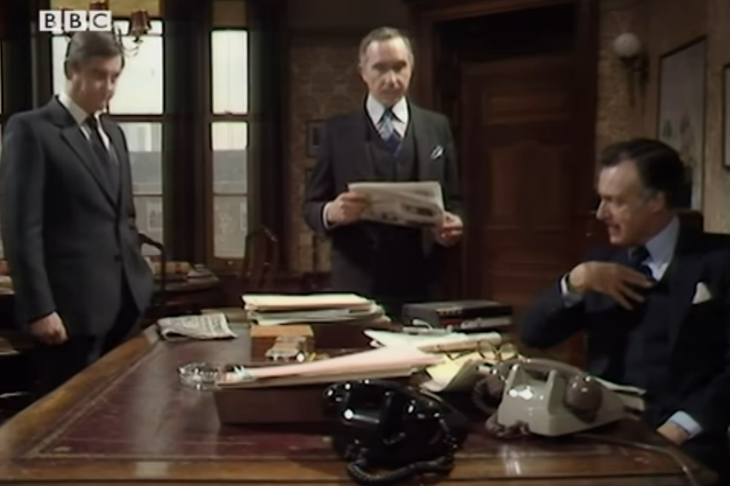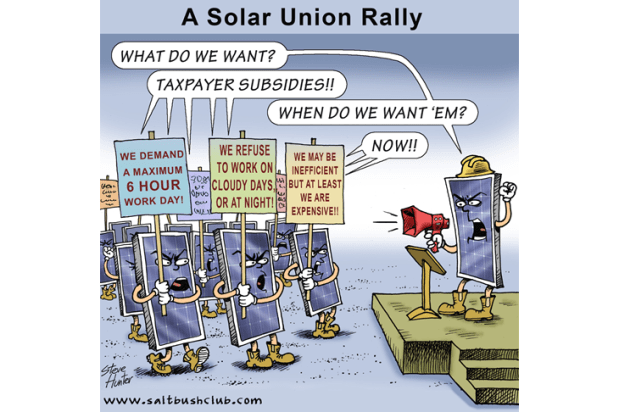SCENE: PRIME MINISTER’S OFFICE. JIM HACKER, PRIME MINISTER, AND SIR HUMPHREY APPLEBY, PERMANENT SECRETARY FOR THE DEPARTMENT OF ADMINISTRATIVE AFFAIRS.
ENTER BERNARD, PRINCIPAL PRIVATE SECRETARY, carrying a 20-page report from the Lowy Institute.
BERNARD: Excuse me, Prime Minister. Good morning, Sir Humphrey.
SIR HUMPHREY: Bernard. What’s that report you’ve got tucked under your arm?
BERNARD: It’s the Lowy Institute report on [chuckles] ‘deliberative democracy’.
Already a subscriber? Log in
Subscribe for just $2 a week
Try a month of The Spectator Australia absolutely free and without commitment. Not only that but – if you choose to continue – you’ll pay just $2 a week for your first year.
- Unlimited access to spectator.com.au and app
- The weekly edition on the Spectator Australia app
- Spectator podcasts and newsletters
- Full access to spectator.co.uk
Or


























Comments
Don't miss out
Join the conversation with other Spectator Australia readers. Subscribe to leave a comment.
SUBSCRIBEAlready a subscriber? Log in